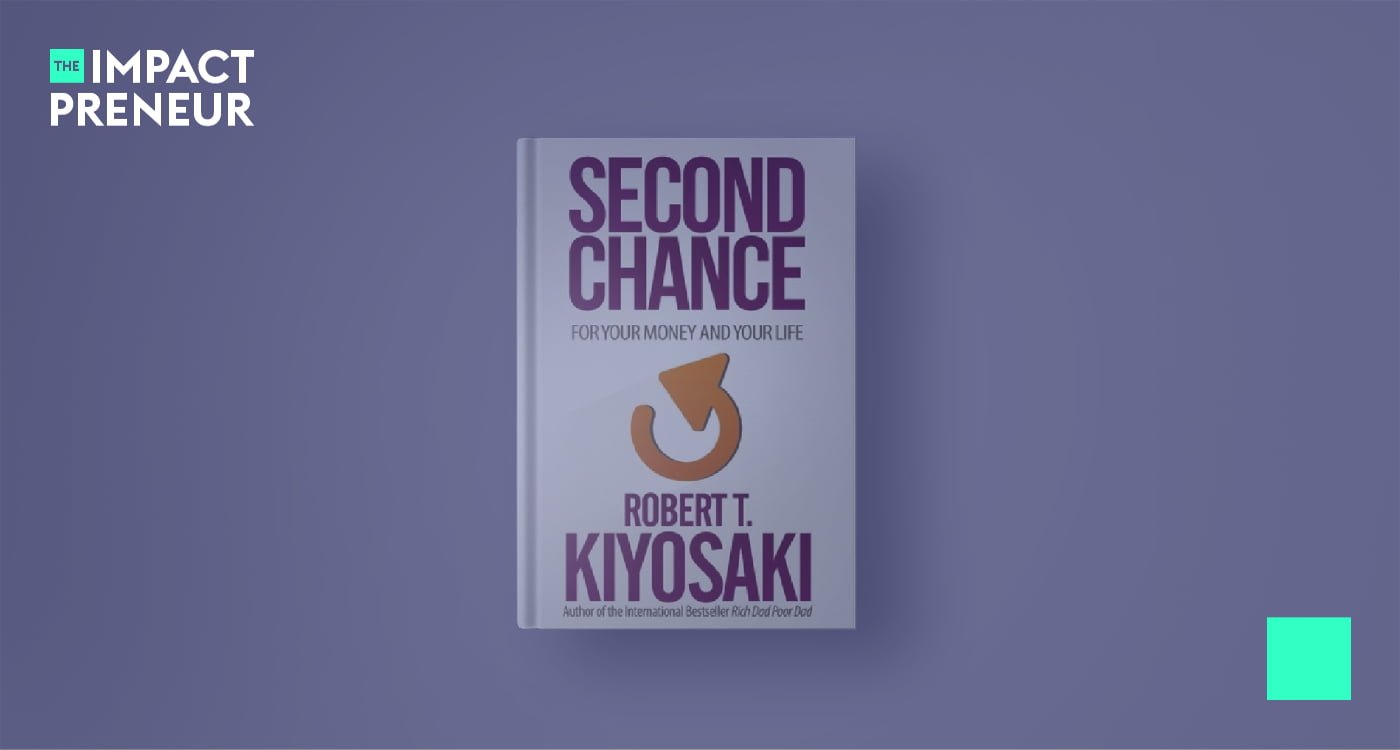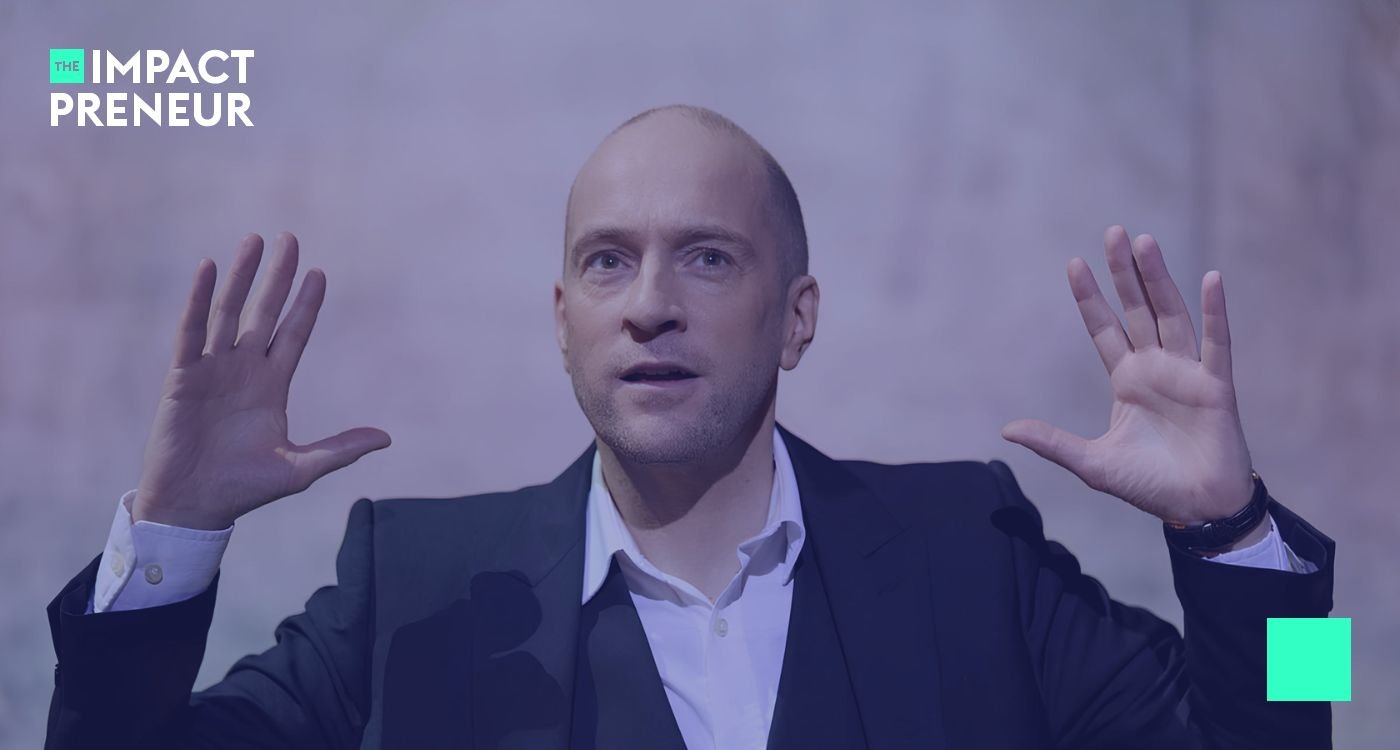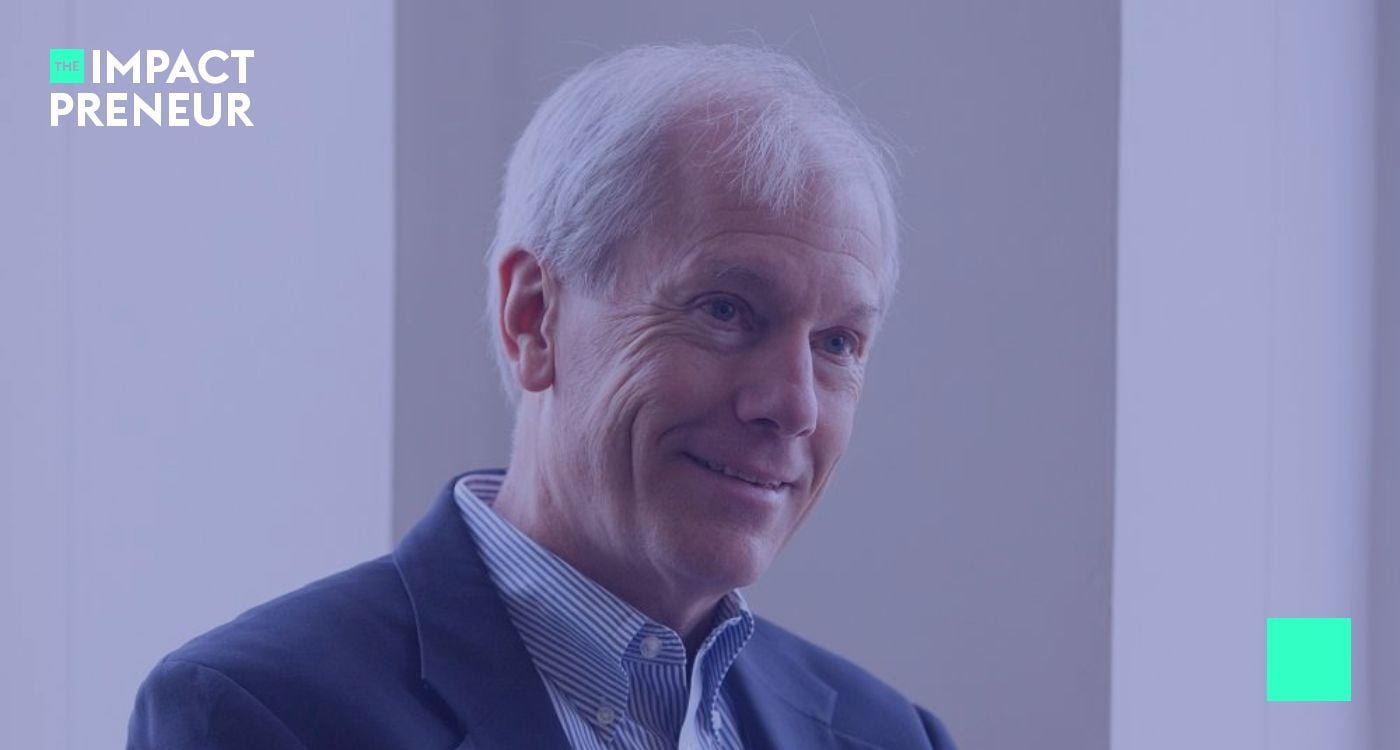Photo: Second Chance by Robert T. Kiyosaki | Source: Impactpreneur Archive
Did you ever pause to wonder why, despite all the hard work and the decent paycheck, the dream of wealth remains just that—a dream? Well, it turns out the playbook we've been given might need a serious rewrite. In a world where financial crises can turn everything on its head, clinging to outdated beliefs about money can keep us stuck in a rut. But here’s the good news: understanding the real dynamics of wealth creation can open doors to financial freedom we never knew existed.
Quick Bites:
- A high-paying job isn't the golden ticket to wealth—assets are.
- Our education system might be preparing us to be employees, not wealth creators.
- Financial literacy is the cornerstone of building lasting wealth.
- Knowing how to leverage debt can catapult you into the realm of the wealthy.
Shattering Misconceptions: The Real Wealth Roadmap
First up, let's bust a big one: the belief that a high-paying job is your golden ticket to wealth. Spoiler alert: it's not. It's all about what you own, not what you earn. Did the 2007-2008 financial crisis catch you off-guard? You weren't alone. That chaotic time was a wake-up call, underscoring just how little many of us understood about the mechanics of wealth. The truth hits hard: landing a high-paying job and working your fingers to the bone isn't the secret to financial success. Instead, it's about owning assets that generate income. They're the silent wealth builders that don't clock out.
"During the 2007-2008 financial crisis, I saw many hardworking individuals lose everything they thought was secure. It was a harsh awakening to the reality that the job you rely on and the savings you accumulate can vanish in a blink," reflects Robert Kiyosaki.
Let's burst another bubble while we're at it: the financial system isn't your ally if you're playing the salary game. Inflation and taxes are like termites to your hard-earned cash, silently eating away at its value. And who benefits from this? You guessed it—those who understand and own assets.
And let's not forget the rich-get-richer phenomenon. It's not just a line from a movie; it's economic reality. While the working class grinds, the asset-owners reap benefits. So, what's the game plan? We need to switch teams and start playing the asset accumulation game.
But why do we keep missing the mark? Perhaps it's because we've been following a map that leads us back to where we started. We hustle for a paycheck, save a portion, and hope for the best. Rinse and repeat. Yet, this cycle keeps us tethered to a system designed to benefit those at the top. It's like running on a treadmill expecting to reach a new destination. The real deal? Focus on accumulating assets. These are the true MVPs in the game of wealth—properties, stocks, businesses that work for you even when you're catching Z's.
Education or Misdirection? Rethinking Financial Literacy
Now, onto the education system. Think it's your ally in wealth building? Think again. It's time we question what we've been taught and pivot towards what we need to learn: financial literacy. Think about it: how much of your schooling was dedicated to understanding financial markets, investment strategies, or the difference between assets and liabilities? If you're like most people, the answer is probably "not much."
We've been conditioned to equate higher education with financial success. But here's a newsflash: those degrees might not directly correlate with your financial acumen. What you need is a deep dive into financial education, the kind that empowers you to make informed decisions and spot opportunities. Imagine navigating future financial storms with confidence, armed with knowledge. That's the power of true financial education.
Schools teach us to earn, not to grow wealth. They churn out employees, not asset builders. This fundamental shift in perspective is crucial. It's about seeing beyond the paycheck and understanding money dynamics—how to grow it, where to invest it, and how to protect it.
"Modern education is designed to turn people into employees, taxpayers, and consumers, not wealth creators. I learned this the hard way when I realized my multiple degrees didn't equate to financial intelligence," Kiyosaki highlights, sharing a pivotal moment in his understanding of financial education's value.
Asset Accumulation: Your Golden Ticket
Ready to shift gears? Let's talk assets—your new best friends. Assets are the MVPs in the wealth game. Unlike jobs, assets can generate income 24/7—whether you're working, sleeping, or sipping margaritas on the beach. But it's not just about owning anything labeled an 'asset'; it's about strategic choices that genuinely augment your wealth.
"Real wealth isn't about having a big paycheck; it's about having assets. The moment I shifted my focus from earning to owning, my financial world changed," Kiyosaki shares, encapsulating the essence of asset-based wealth.
Real estate, stocks, businesses, and commodities—these are your tools. Each has its charm, but the trick is to find which one resonates with you. Passion plays a role here. When you care about your investments, you're more likely to nurture and grow them.
Now, think about assets differently. Not all assets are created equal. The key is to identify those that truly put money in your pocket. This requires a shift in perspective. Your home, for instance, might feel like an asset, but if it's only draining your finances, it's a liability. The journey to wealth involves learning to differentiate between the two and focusing your energy on acquiring real assets. This doesn't happen overnight, but understanding this distinction is key to moving from the 'own to show' mindset to 'own to grow.'
Lastly, assets have a sweet perk: tax advantages. That's right, the system actually favors asset holders. While employees bear the brunt of taxes, asset owners enjoy more favorable rates. It's a built-in incentive to get on the asset bandwagon.
Crafting Your Wealth: Actionable Steps
Ready to take control of your financial future? Here are some actionable steps to set your financial ship towards the wealth horizon:
- Audit Your Finances: Get real with your numbers—your earnings, spendings, assets, and liabilities. This clarity is the first step toward transformation.
- Choose Your Asset Path: Pin down which asset class stirs your interest. Whether it's real estate's tangibility, the business world's dynamism, paper assets' intellectuality, or commodities' earthiness, find your calling.
- Level Up Financially: Commit to enhancing your financial literacy. Read voraciously, attend seminars, or even take courses. Ignorance is not bliss in finance.
- Start Small, Think Big: You don't need a fortune to start building assets. Whether it's investing in a small piece of real estate, buying stocks, or even starting a side business, the key is to begin. Over time, these assets can grow and contribute significantly to your financial well-being.
- Leverage Debt Wisely: Understand that not all debt is bad. In the asset world, strategic debt can be a powerful accelerator, helping you scale your asset base faster than savings alone would allow.
- Stay Resilient and Adaptable: The financial landscape is ever-evolving. Stay informed, be ready to pivot, and keep your eyes on the long-term prize.
Remember, as Kiyosaki wisely points out, "The choice to be wealthy begins with a shift in mindset." Embrace these insights with open arms and a keen mind, and watch as your financial future transforms before your eyes. Your second chance at wealth is just a decision away. Are you ready to seize it?
Questions on the Topic
Q: Why does inflation hit average earners the hardest?
A: Ah, inflation. It nibbles away at your hard-earned cash, making it less potent over time. When you tuck your money into savings, banks lend it out, boosting the money supply and, yep, sparking more inflation. It's like a merry-go-round, but not fun at all. As prices soar, the value of your money shrinks. It's like trying to fill a bucket with a hole in the bottom—frustrating and futile. And this cycle ensnares those who rely solely on their wages, turning their financial growth into an uphill battle.
Q: Why is understanding asset classes crucial for financial growth?
A: Here's the deal: all investments aren't created equal. By understanding different asset classes—like real estate, businesses, paper investments, and commodities—you can tailor your portfolio to your passions and strengths. Love old buildings? Real estate might be your playground. Fancy gold and silver? Commodities could be your treasure trove. It's about finding your financial fit and rocking it.
Q: How does Robert Kiyosaki suggest overcoming fear of debt?
A: Debt, the dreaded word! But wait, it's not all doom and gloom. Used wisely, debt is a lever to lift your financial dreams off the ground. It's about creating more with less, like turning a dilapidated building into a chic apartment complex. The trick is to harness debt to build assets, transforming fear into financial freedom. It's about making your money work smarter, not harder.
Q: Why do most people have misconceptions about becoming rich?
A: It turns out, many of us are stuck in the old-school belief that snagging a degree, landing a job, and putting in the elbow grease is the golden ticket to riches. But hold your horses—according to Kiyosaki, that's as far from the truth as you can get. The real deal? Our financial system doesn't play nice with just a paycheck. The secret to wealth? Owning assets. Mind-blowing, right?
Q: Is it possible to change your financial destiny?
A: Heck, yes. Start by taking a cold, hard look at your income, expenses, assets, and liabilities. It might sting a bit, but knowledge is power. From there, dive into the world of assets—be it business, real estate, paper, or commodities. Pick what lights your fire and get to work. Remember, even Kiyosaki had to start somewhere before he became a real estate mogul.




